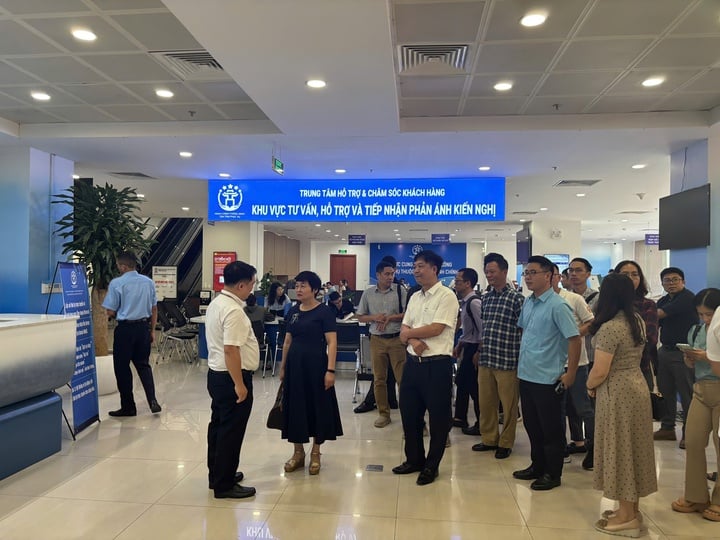
At the online conference on state management in the third quarter of 2025, Minister of Science and Technology (MOST) Nguyen Manh Hung emphasized: Resolving difficulties in administrative procedures, especially at the commune level, is the top priority of the entire S&T sector at present. He affirmed: "We must end the situation of documents going around, from online to paper. The entire internal process must be digitized and transparent, so that people can look up information throughout."
According to Minister Nguyen Manh Hung, many online public services at the local level are still at the level of "receiving digital documents", while the internal processing is still done manually. This shows that digital transformation has not yet reached its full potential. The fundamental solution is to perfect the process, standardize data and synchronize connections between government levels, especially at the commune level, where there is direct contact with the people.
On September 11, the Ministry of Science and Technology issued Decision No. 2618/QD-BKHCN on the list and implementation plan of national digital platforms and shared digital platforms for the entire science and technology sector. Accordingly, the platforms are divided into four groups: platforms for handling administrative procedures and interacting with people and businesses; platforms for serving administration and management; shared basic infrastructure platforms; and platforms for serving specialized operations. The centralized construction and shared use of these platforms helps avoid duplicate investment, ensuring the ability to connect and share data throughout from the central to the grassroots level.
Minister Nguyen Manh Hung affirmed: “Whenever we encounter a difficult problem, we must immediately think of digital transformation solutions, digital technology and applications. Digital transformation is not only a support tool but also a new working method of the modern administrative apparatus.”
In fact, many localities have proven this with concrete results. In Quang Ngai province, the two-level local government model has been implemented in parallel with digital transformation, creating a clear change in the efficiency of serving the people. Immediately after the new model came into operation, the province simultaneously put 96 commune-level public administrative service centers into operation, ensuring uninterrupted reception and processing of records. At the same time, the information technology infrastructure was upgraded, internal processes were restructured and synchronized with the province's administrative procedure settlement information system.
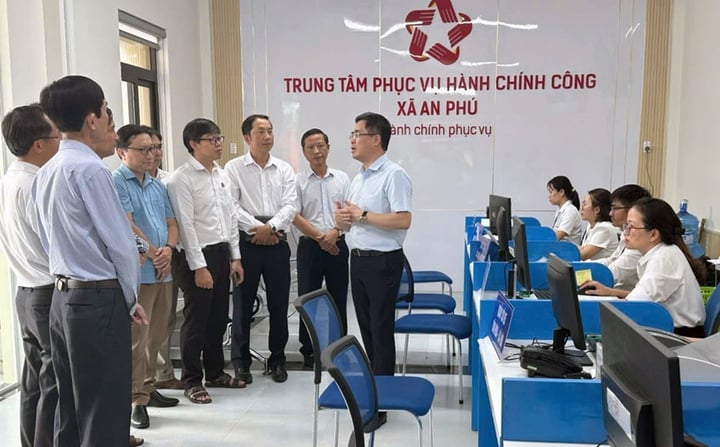
Sharing at the working and inspection session at An Phu Commune, Chairman of Quang Ngai Provincial People's Committee Nguyen Hoang Giang affirmed: "Two-level government is not only about arranging the administrative apparatus but also about changing the way of operation so that the government is closer to the people, serving faster and more transparently."
Chairman of the People's Committee of Quang Ngai province Nguyen Hoang Giang affirmed: "Two-level government is not just about arranging the administrative apparatus but also about changing the way it operates so that the government is closer to the people, serves faster and is more transparent."
During the implementation process, the Department of Science and Technology of Quang Ngai played a key role. Director Nguyen Tan Liem said that the unit had established two mobile working groups, coordinating with VNPT and Viettel to directly support mountainous communes where infrastructure is weak and staff are not yet proficient in digital skills. “We work according to the motto 'hand-holding, handling the problem as it arises'. When a commune has a request, the working group immediately sets out to provide direct guidance. In case we cannot arrive in time, we provide online support,” he said.
Thanks to this flexible approach, many bottlenecks in grassroots administrative operations were quickly resolved. Data from the National Population Database was automatically integrated into administrative records, reducing manual operations and saving time for officials and citizens. Essential public services were standardized according to electronic forms (eForms), making them more user-friendly.
The province also promotes the application of digital signatures in electronic document processing. In just two months, July and August 2025, Quang Ngai has issued more than 500 new digital certificates, changed information for 4,000 devices, unlocked 400 devices; organized hundreds of training courses, and fostered digital skills for more than 800 commune-level officials and civil servants. To date, the whole province has more than 15,200 active digital certificates, meeting the requirements for digitally signing documents, digitizing records and handling administrative procedures online.
These results show that digital transformation not only helps shorten the time for processing documents, but also improves the capacity to manage and supervise public services. From handling procedures to data management, all activities are monitored, measured and evaluated in real time.
Minister Nguyen Manh Hung said that the two-level local government is a model to test the digital transformation capacity of the administrative apparatus. The Departments of Science and Technology must be the leading units, becoming models for other departments and branches in innovating management and operation methods based on data and technology. The Ministry of Science and Technology will continue to perfect shared platforms, standardize data, build analysis mechanisms, and exploit data to serve local policy making.
When localities such as Quang Ngai, Bac Ninh or Thua Thien Hue simultaneously deploy unified data infrastructure, the two-tier government model will not only be a streamlined administrative apparatus, but also a unified digital data infrastructure of a modern government, where all data is shared throughout, decisions are made based on evidence and people truly become the center of service.
It can be said that digital transformation is not only a tool to help two-level governments operate effectively, but is also the soul of a new governance model , bringing Vietnam's administration to a modern, transparent and people-centered stage.
Source: https://mst.gov.vn/chuyen-doi-so-chia-khoa-van-hanh-hieu-qua-chinh-quyen-dia-phuong-hai-cap-197251104035447201.htm





![[Photo] Closing of the 14th Conference of the 13th Party Central Committee](https://vphoto.vietnam.vn/thumb/1200x675/vietnam/resource/IMAGE/2025/11/06/1762404919012_a1-bnd-5975-5183-jpg.webp)





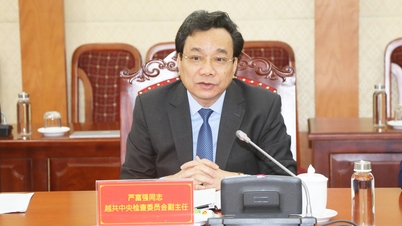

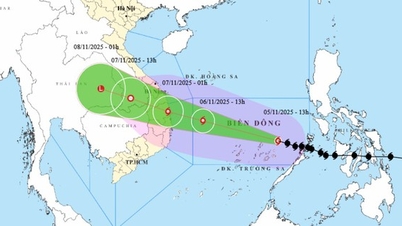







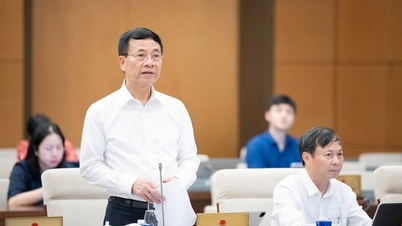


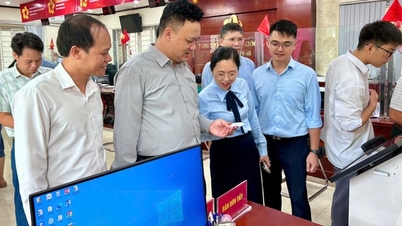



























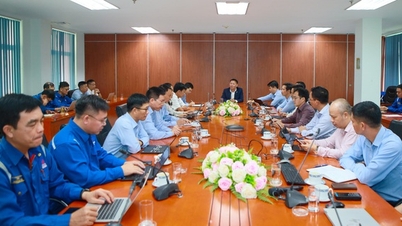



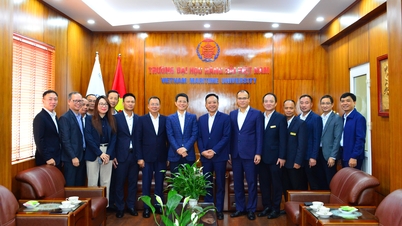











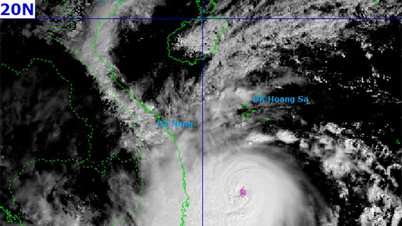




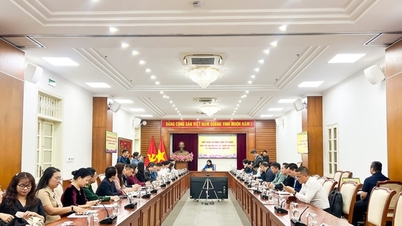





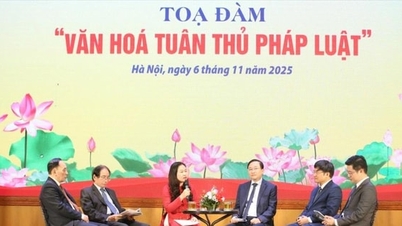





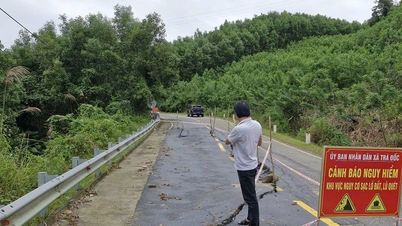















Comment (0)